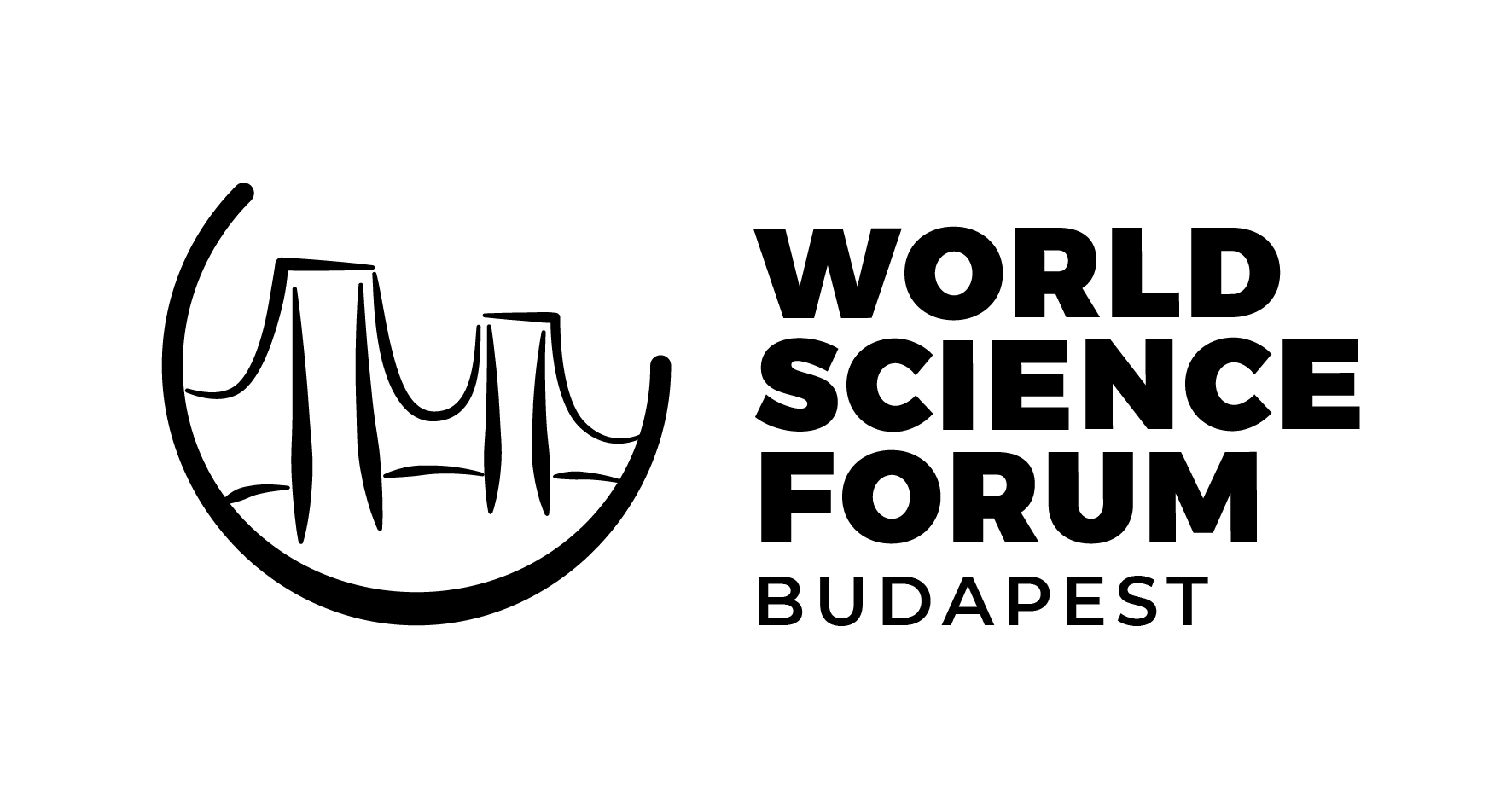Programme / Plenary session IV – COOPERATION, COORDINATION AND GOVERNANCE IN SCIENCE
‹ back to Programme listerDay
Friday / 22 NOV
14:30 - 16:00
Summary of the session by session rapporteur Dr András Abonyi, Institute of Aquatic Ecology, HUN-REN Centre for Ecological Research:
Cooperation, coordination, and governance might not sound immediately fascinating, as the moderator, Vladimir Šucha, remarked in his opening words. But before you stop reading, let me assure you: this session was engaging and enlightening. The key takeaway strongly resonated among speakers: “better connecting the bottom and the top” and “building and rebuilding trust at and across all levels.”
Kimberly Montgomery highlighted that science diplomacy faces significant challenges today, particularly within the complex geopolitical landscape. She emphasised that scientific engagement is vital for fostering connections among nations. The Science Diplomacy course organized by AAAS exemplifies this mission, breaking down barriers across disciplines. As an example, this course allows decision-makers, policy-makers, and young researchers from the same region to study together, cultivating trust, understanding, and collaboration.
Allen Weeks presented ELI (Extreme Light Infrastructure) as an outstanding example of scientific cooperation. ELI provides open, excellence- and mission-based proprietary access to cutting-edge laser technology. Beyond its technological contributions, Weeks stressed ELI's broader impact: increasing human capacity in its region, retaining young talents, attracting collaborators, and fostering a sense of pride in science.
Lidia Borrell-Damián called for radical change in science, arguing that the current publication-driven model undermines rather than builds trust in science. She advocated for "decolonising partnerships" led by the Global North and promoting a fair and equal approach rooted in respect and reciprocity. She also pointed to the potential role of G7 and G20 nations in advancing international collaboration, emphasizing the need for science to deliver tangible outcomes to policymakers.
Rémi Quirion captivated the audience by starting his address in French, instantly commanding attention. His provocative message: “Cooperation, coordination, and governance are insufficient. We must go beyond them—be transparent collaborators who listen and prioritise genuine partnerships.” Quirion urged to "give up power", actively listen, and empower global citizens to foster trust in science and facts. While acknowledging this is easier said than done, he emphasized action over endless reports: “I prefer doing to writing (reports).”
Atish Dabholkar, a leading theoretical physicist, showcased the success of ICTP (International Centre for Theoretical Physics) as a model for inclusivity and global partnership. ICTP promotes not just gender and ethnic diversity but also geographic inclusivity. Dabholkar emphasized the importance of making advanced scientific tools—like scientific computing and AI algorithms—accessible worldwide. These efforts aim not for luxuries like self-driving cars, but for building global collaborations on critical issues such as climate change and energy. He stressed the necessity of strong scientific communities in the Global South as a precondition for meaningful participation in decision-making by those most affected.
Vladimir Šucha reflected on the mistrust that defines our time—mistrust in research, politics, and the interplay between the two. However, he placed greater responsibility on researchers for bridging the gap by communicating with policy-makers more effectively. Šucha concluded with a resonant call, echoed by the speakers and applauded by the audience, for a comprehensive study of trust in science across all levels. The session could have gone on all night without losing the audience.
Moderator:
Speakers:
- Rémi Quirion, President, Chief Scientist of Quebec, International Network for Governmental Science Advice (INGSA)
- Allen Weeks, Director General, The Extreme Light Infrastructure ERIC
- Lidia Borrell-Damián, Secretary General, Science Europe
- Kimberly Montgomery, Director, International Affairs and Science Diplomacy, American Association for the Advancement of Science (AAAS)
- Atish Dabholkar, Director, The Abdus Salam International Centre for Theoretical Physics (ICTP)
Rapporteur:
Video:
Photo:
https://www.flickr.com/photos/mtasajto/albums/72177720322129424/
PPT Links:
Allen Weeks: https://shorter.me/HYNFV
Lidia Borrell-Damián: https://shorter.me/9HyRb
Kimberly Montgomery: https://shorter.me/sA1PS
Atish Dabholkar: https://shorter.me/71vQ6
